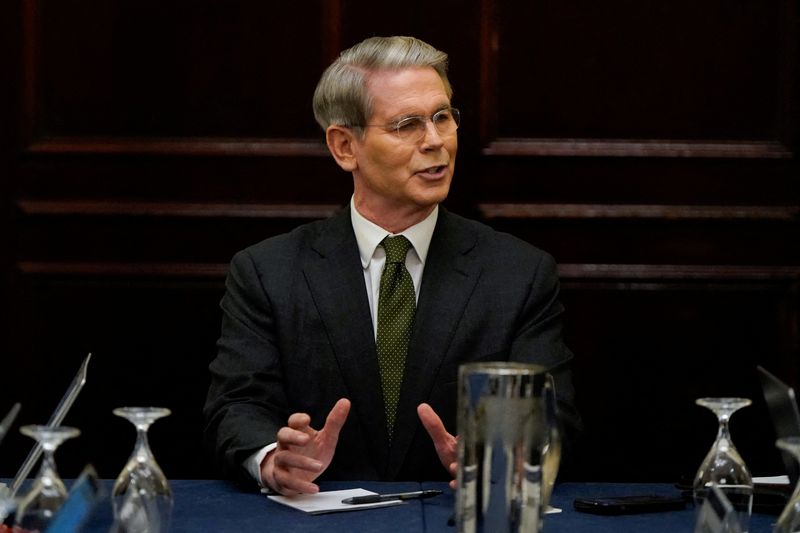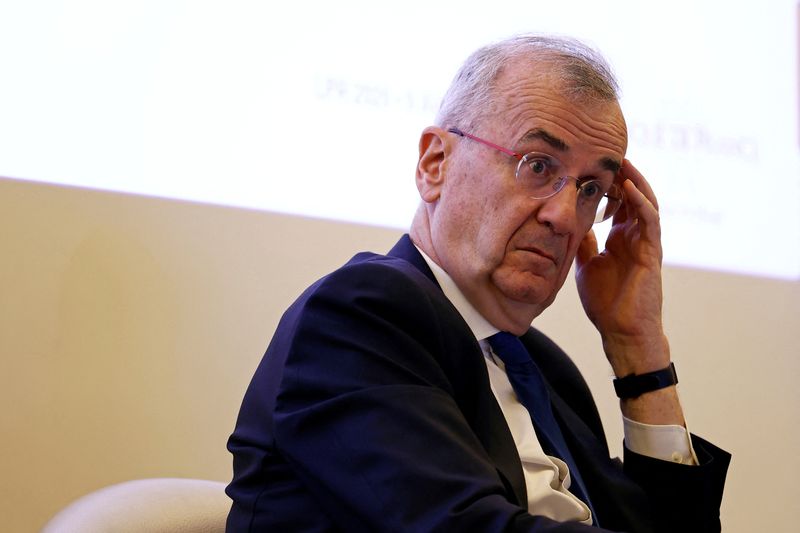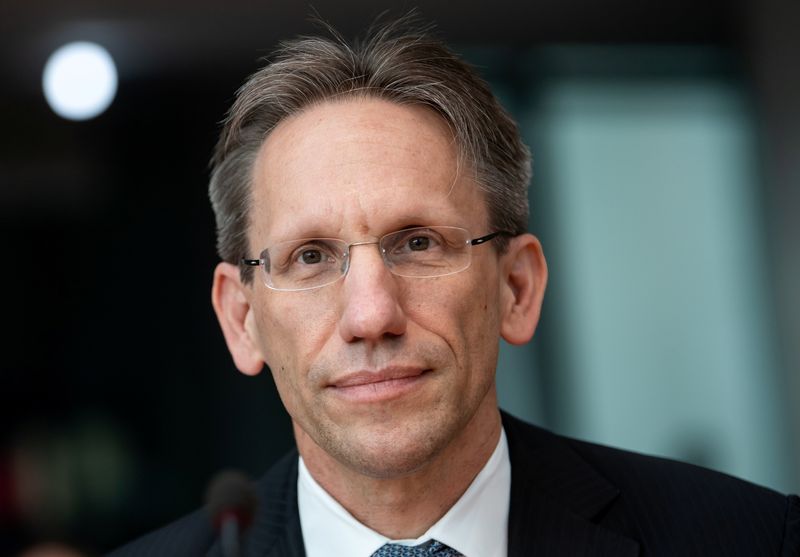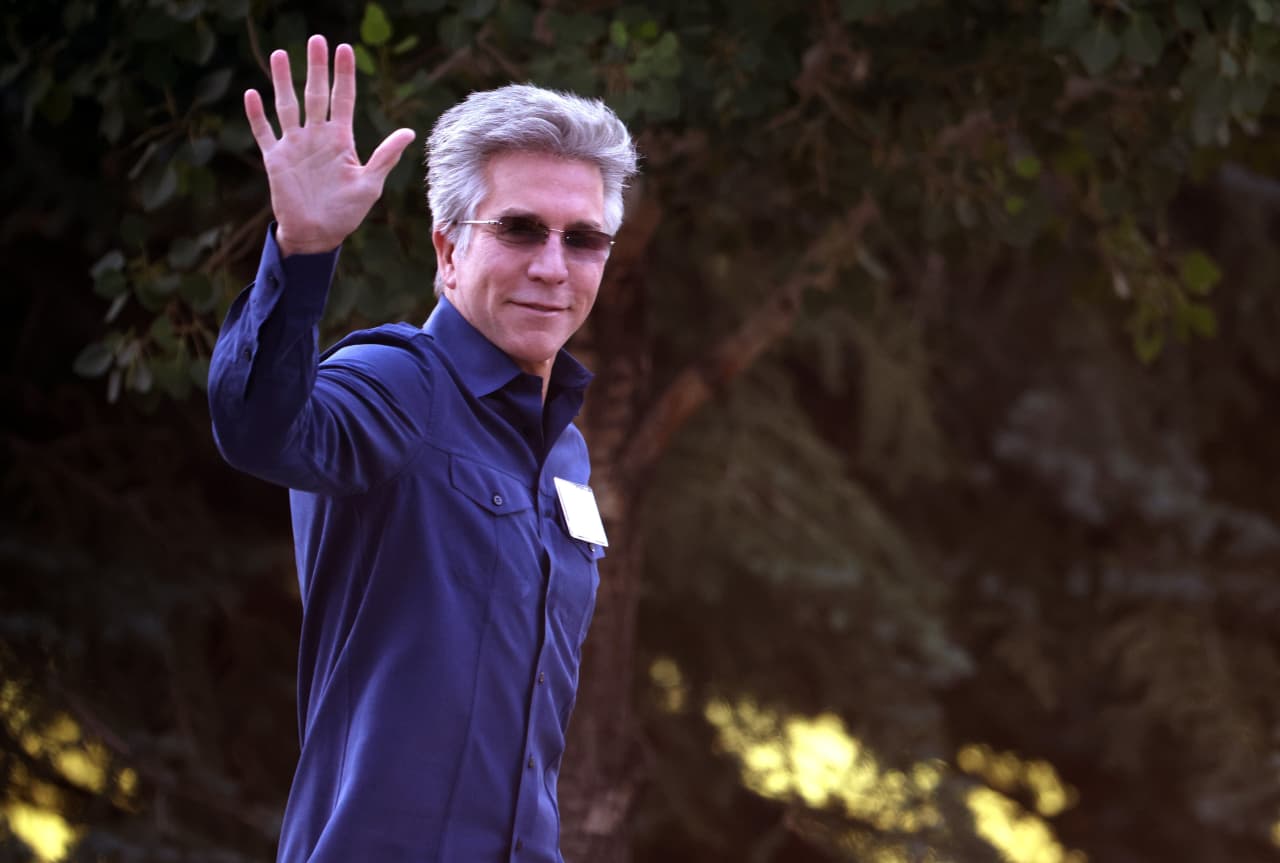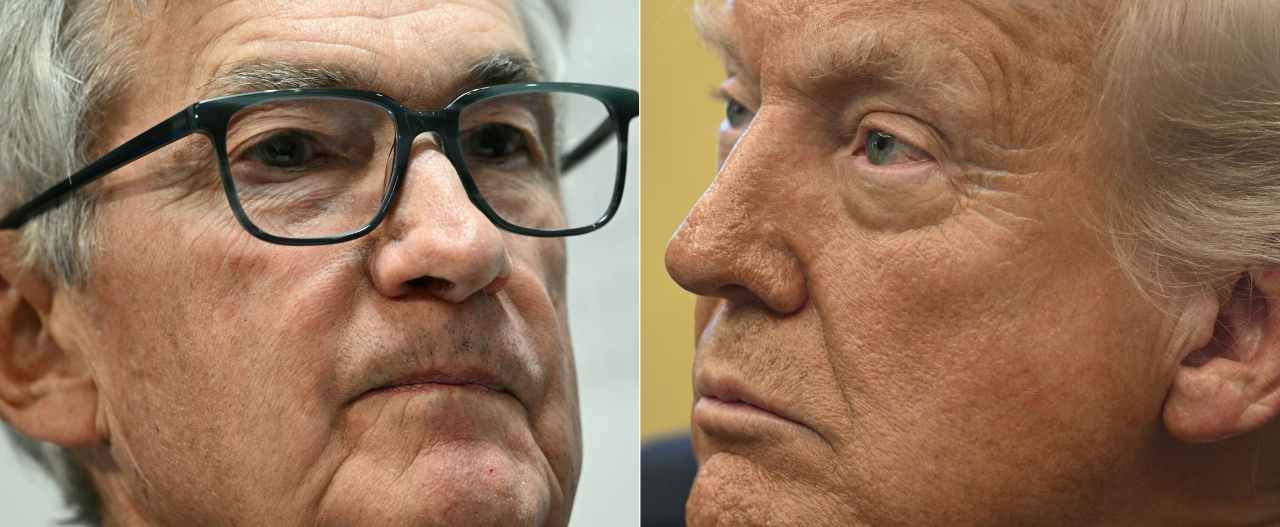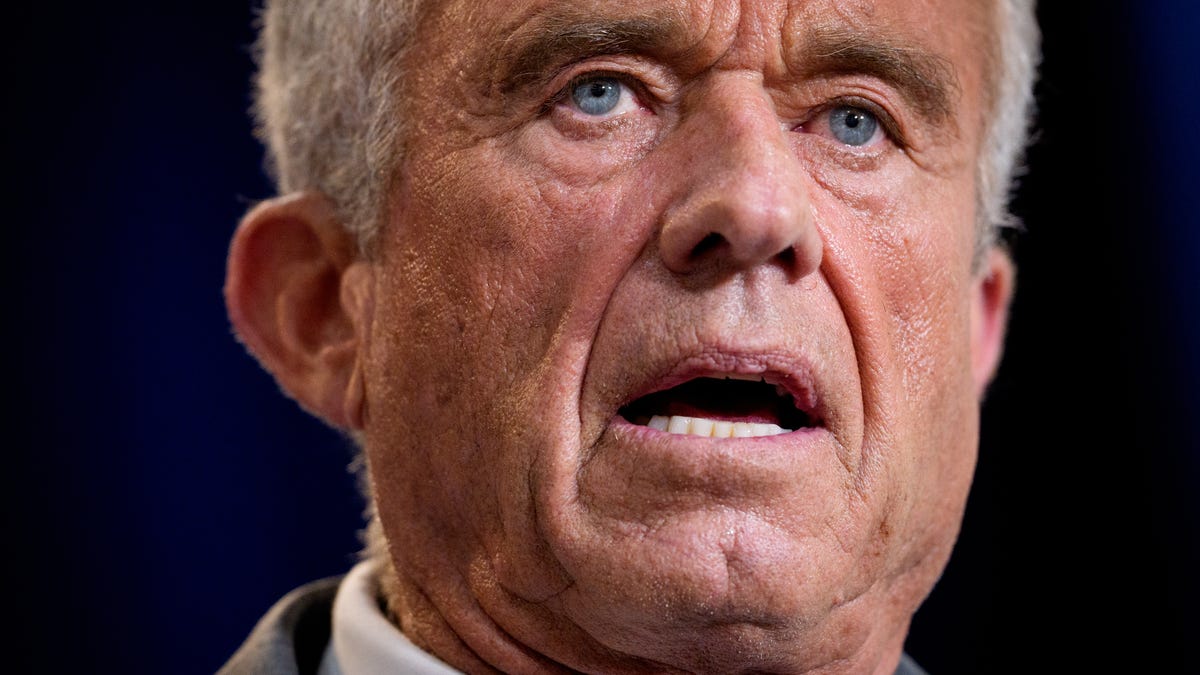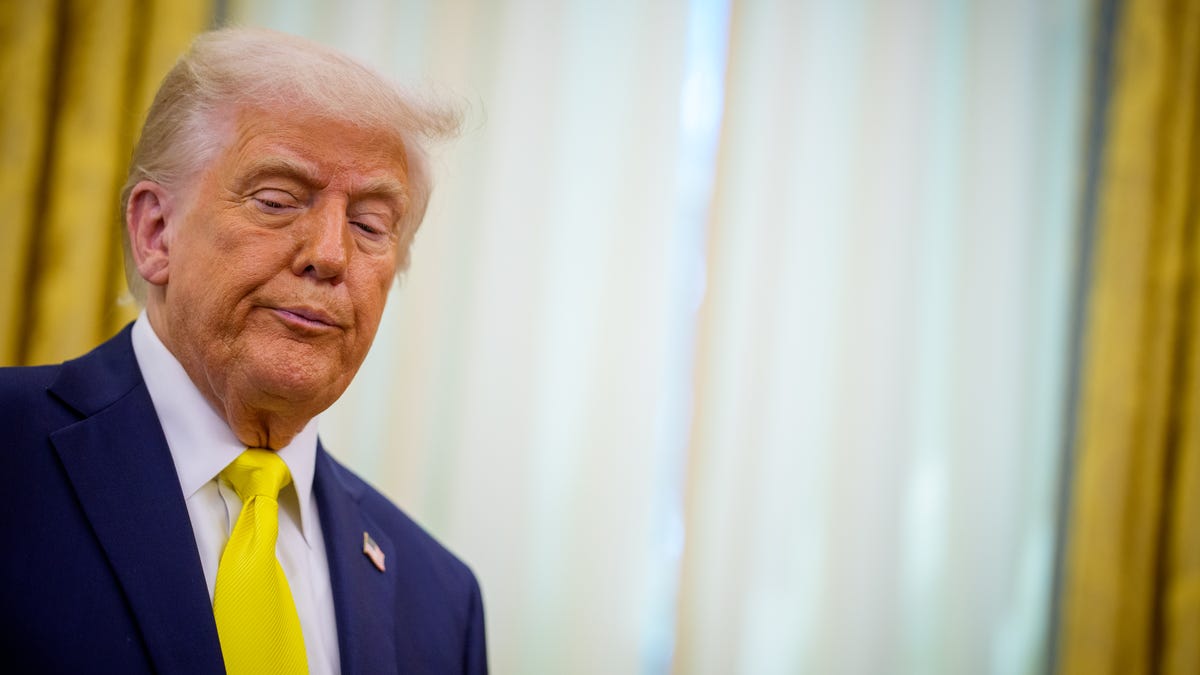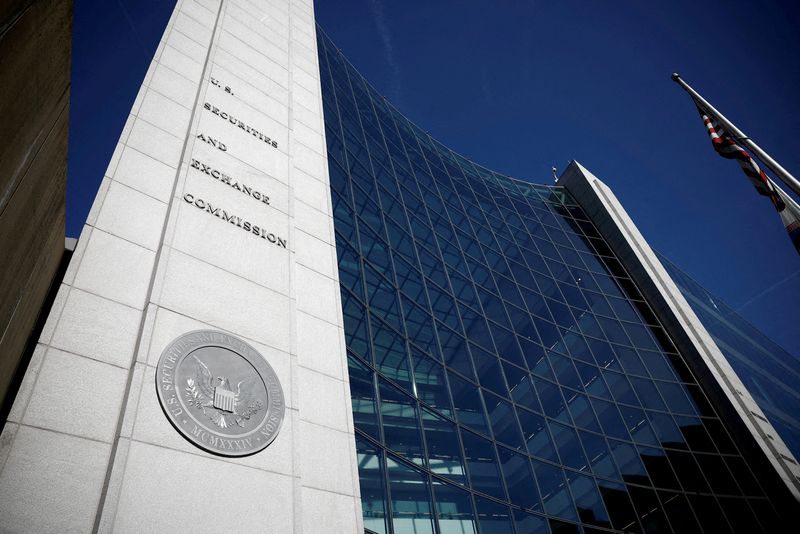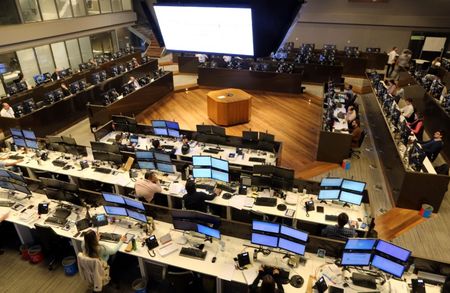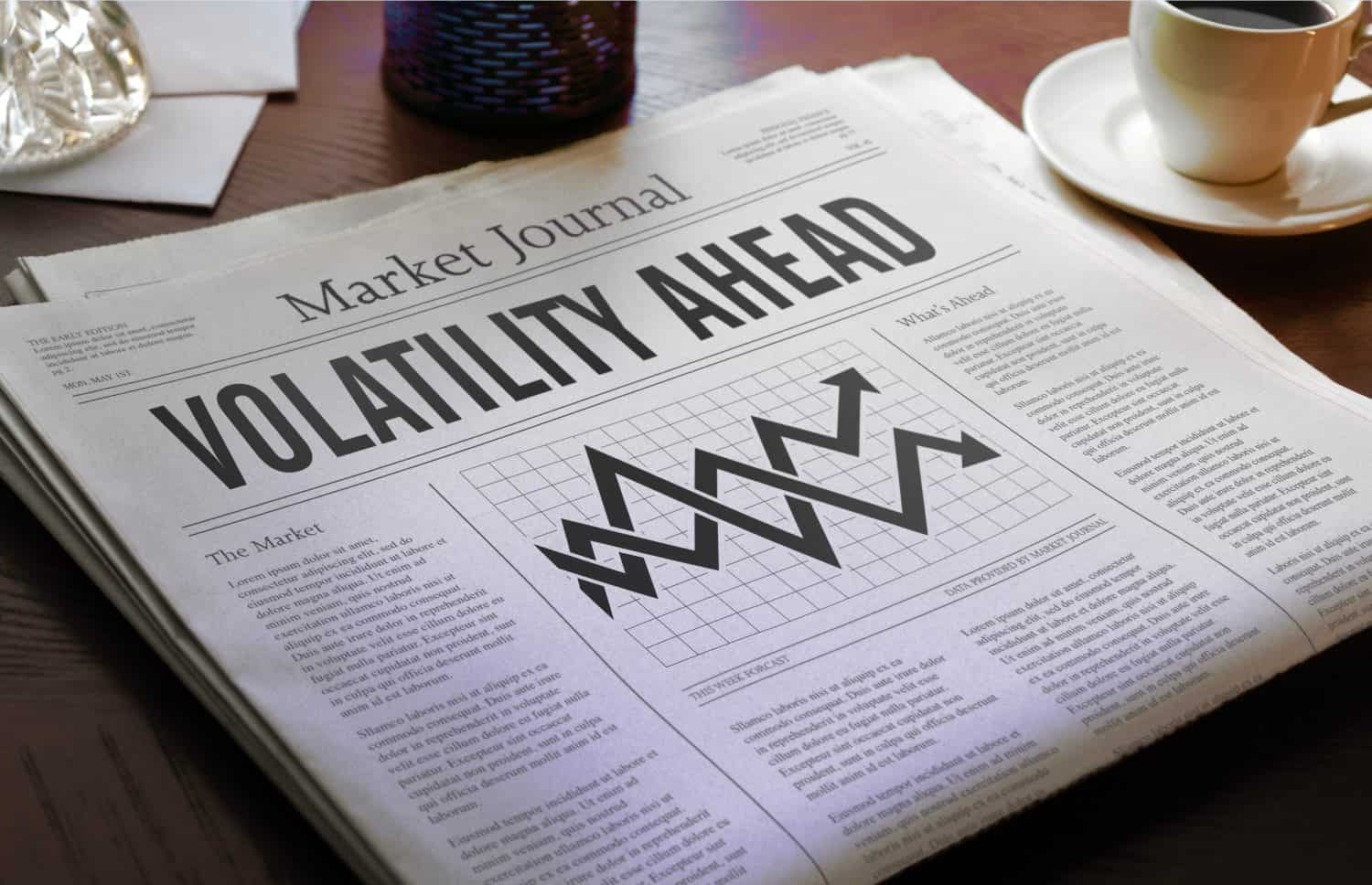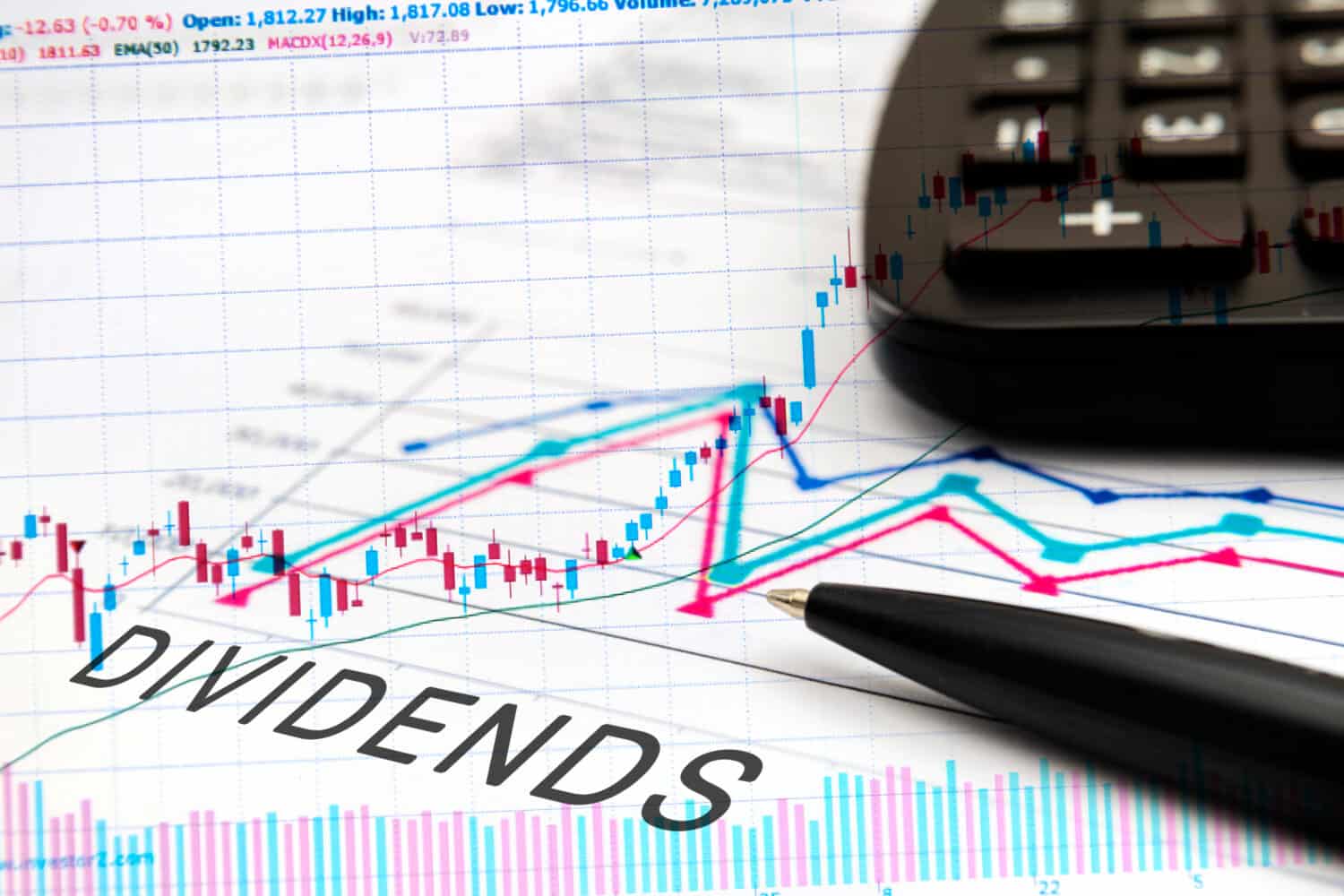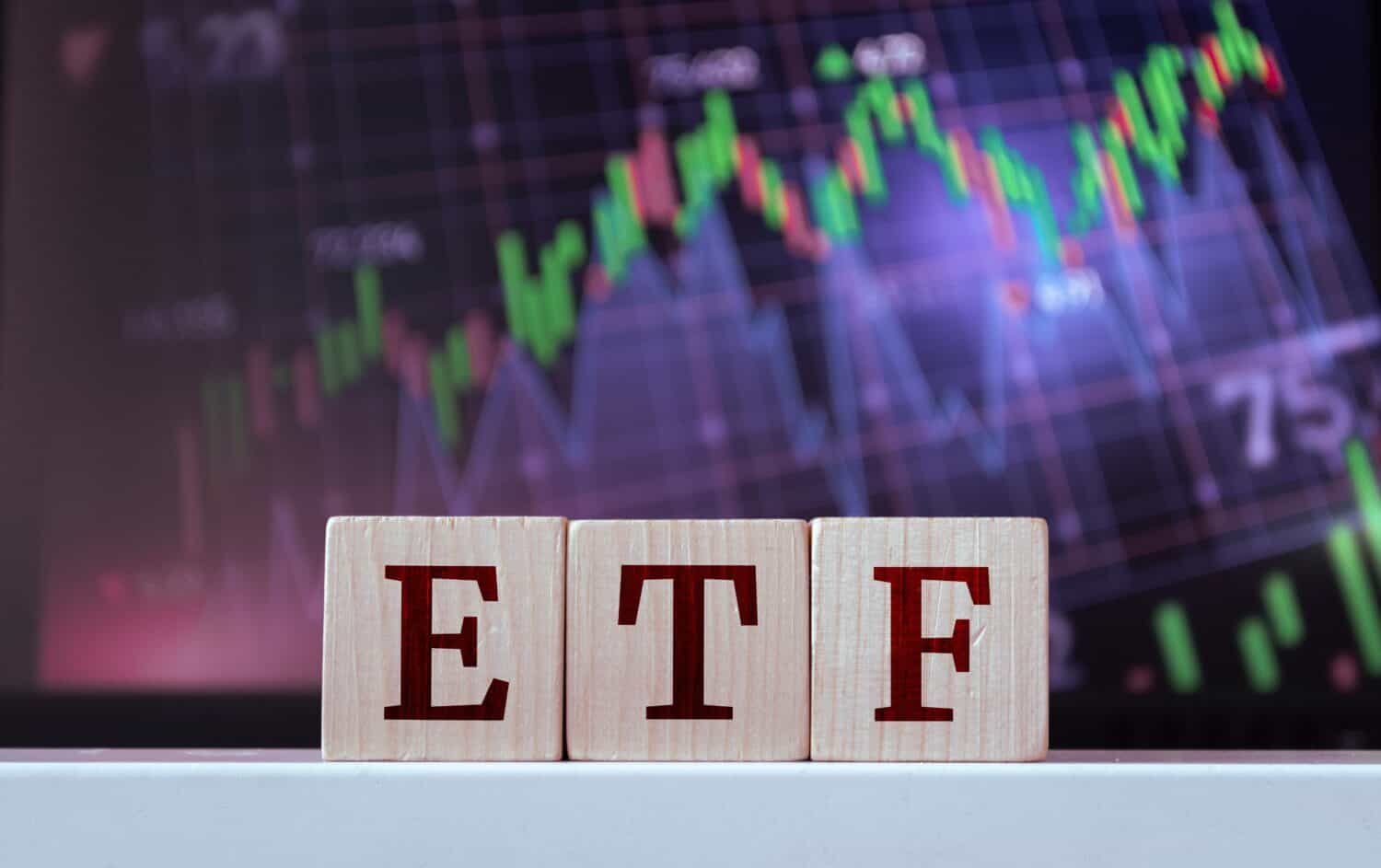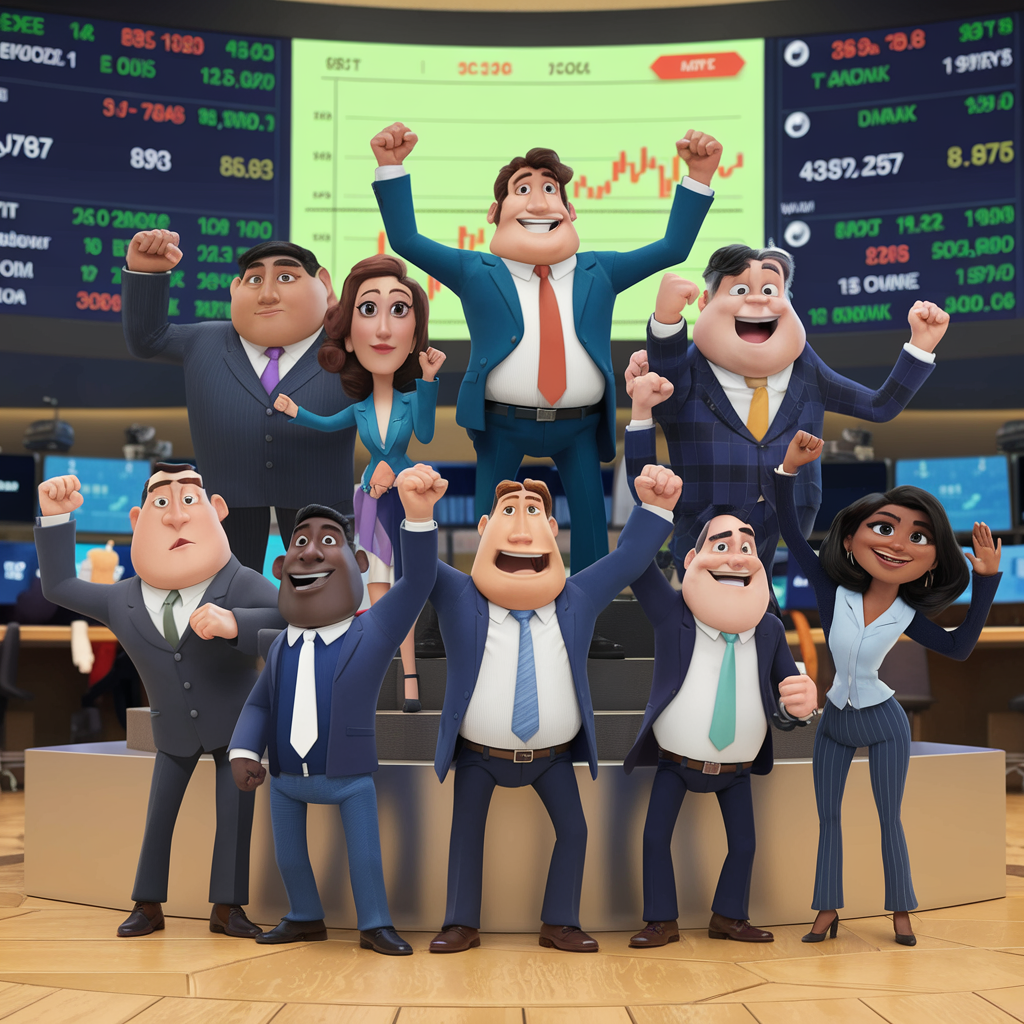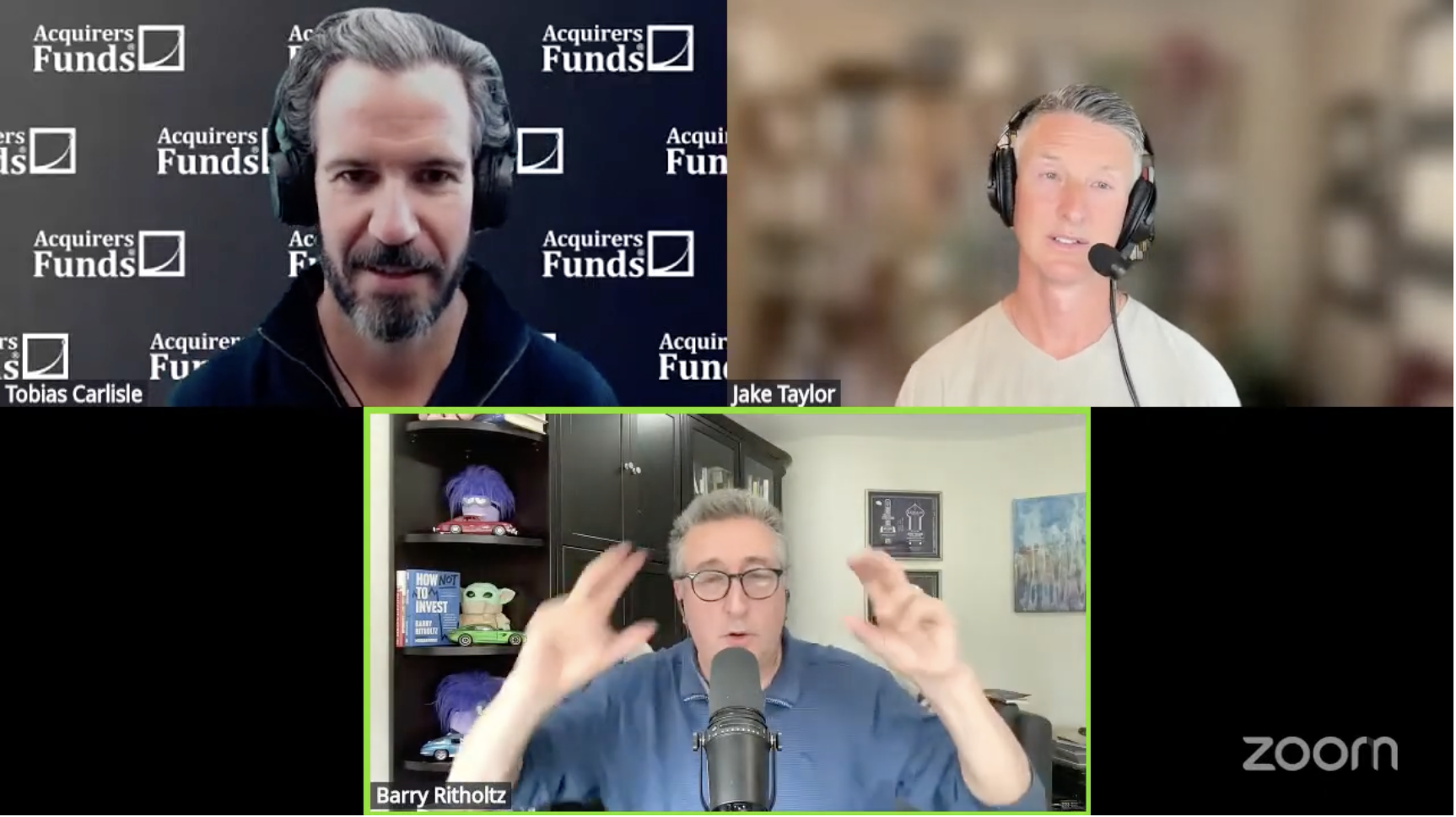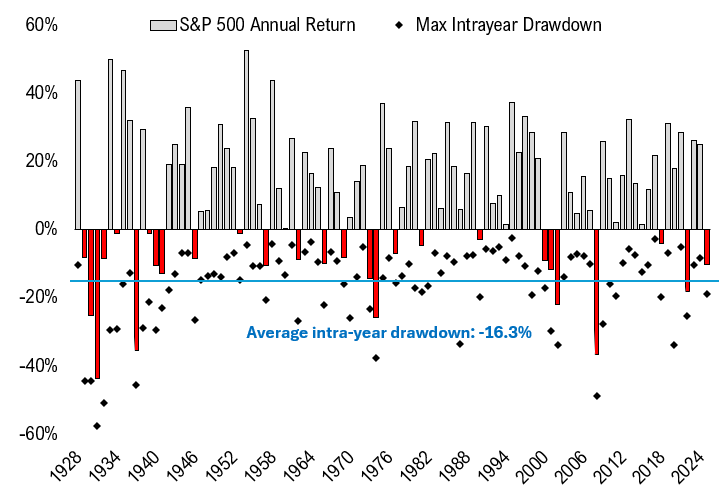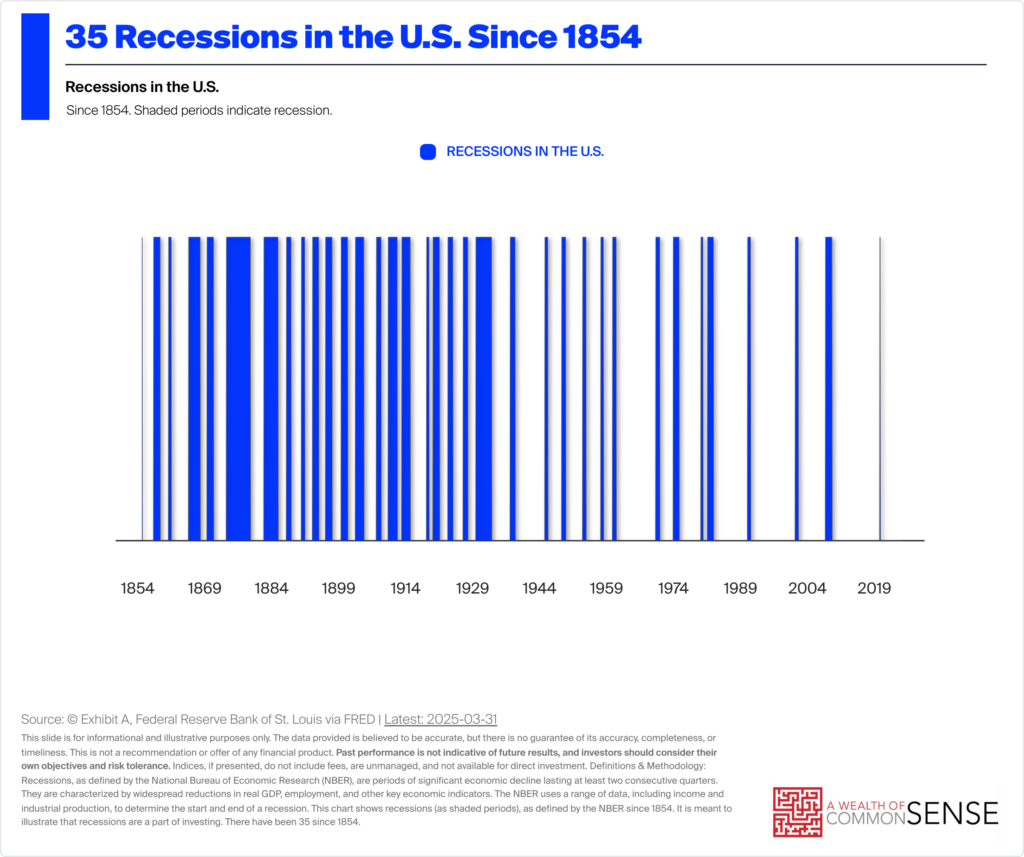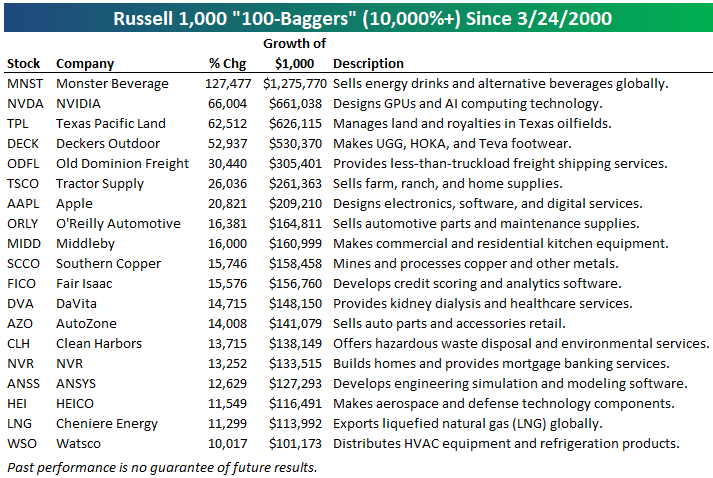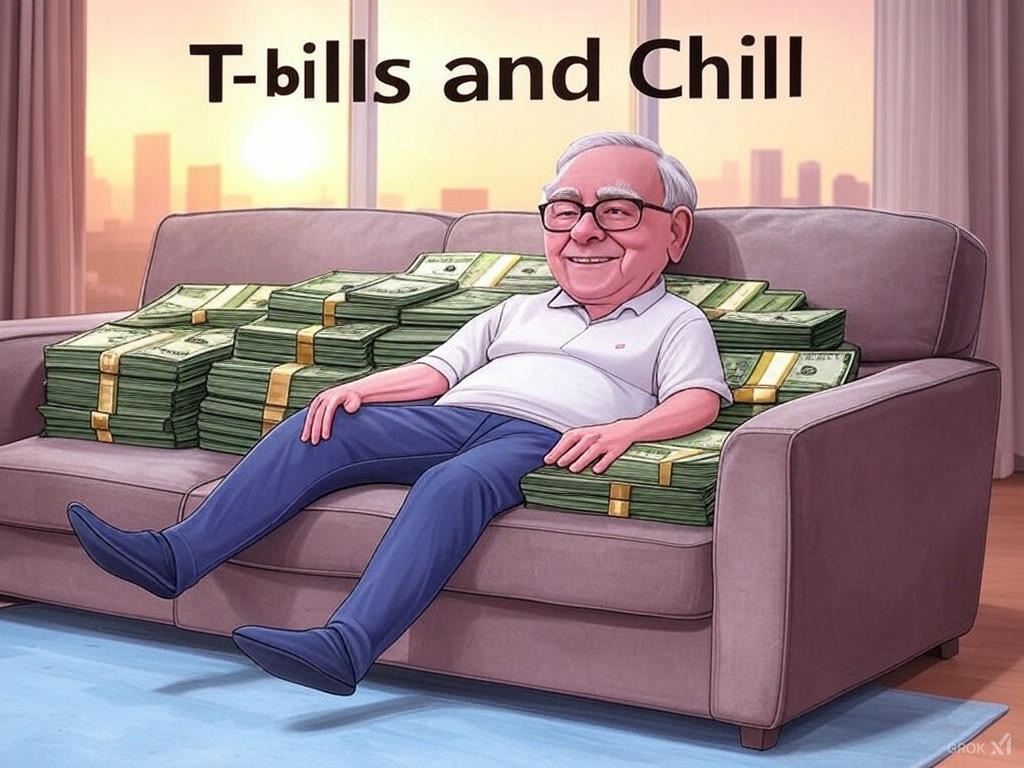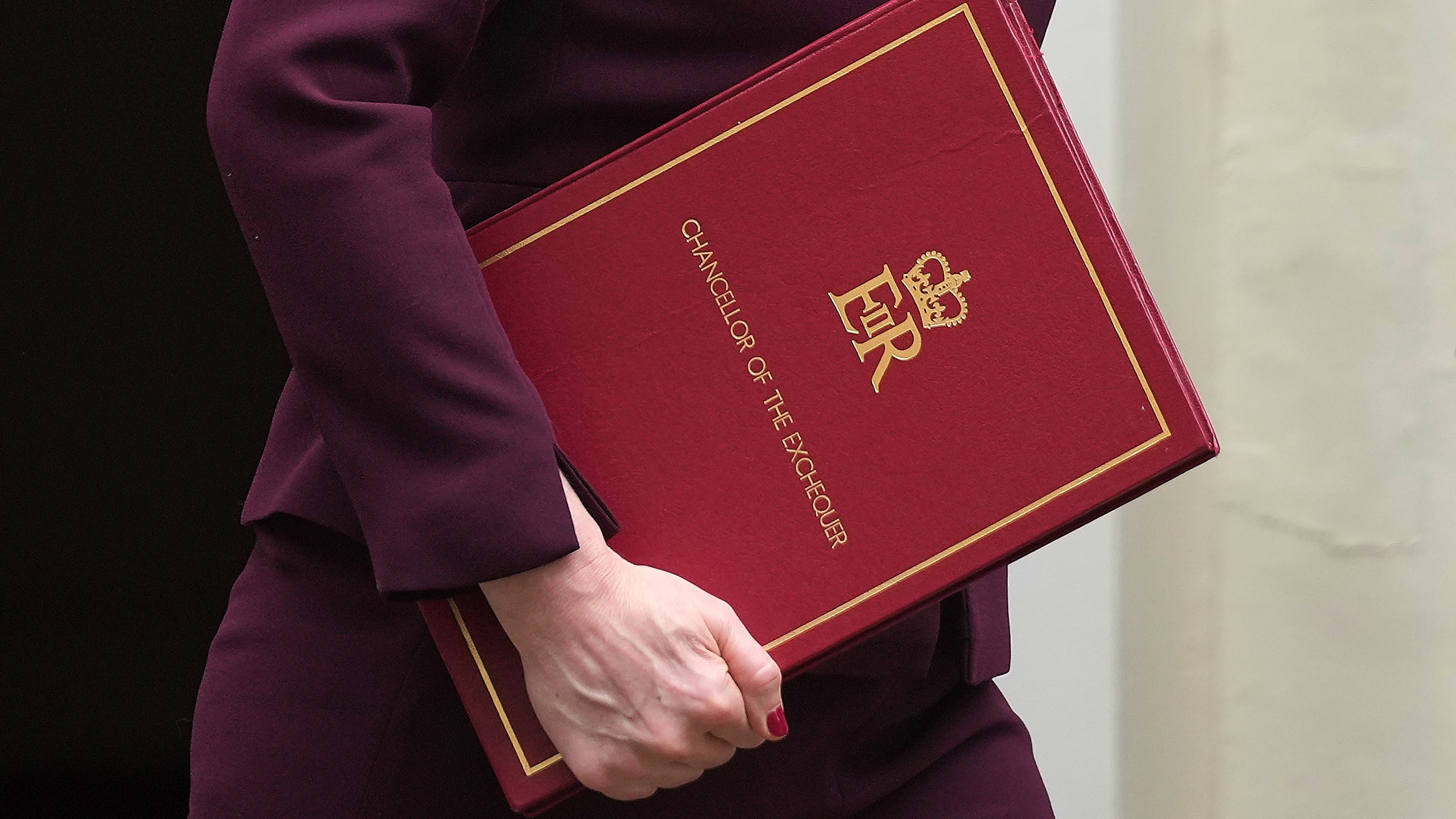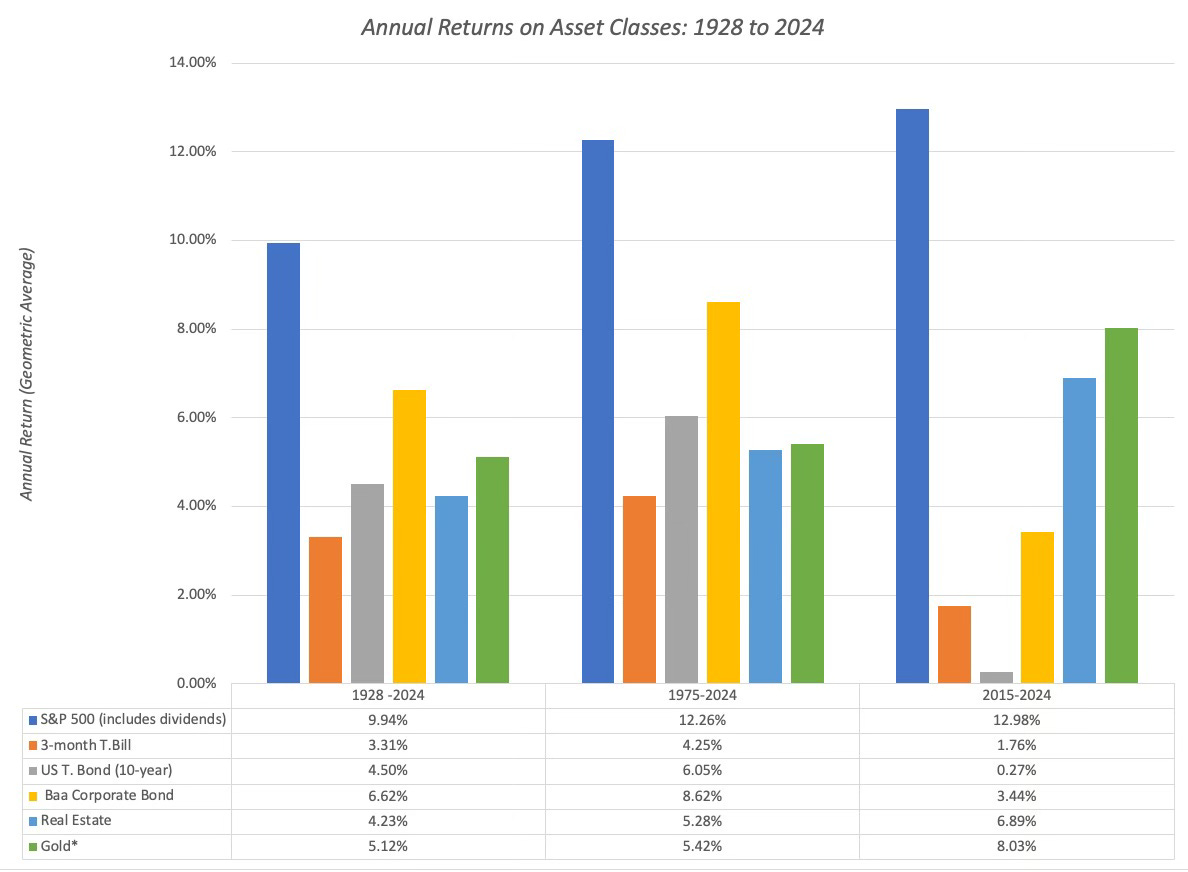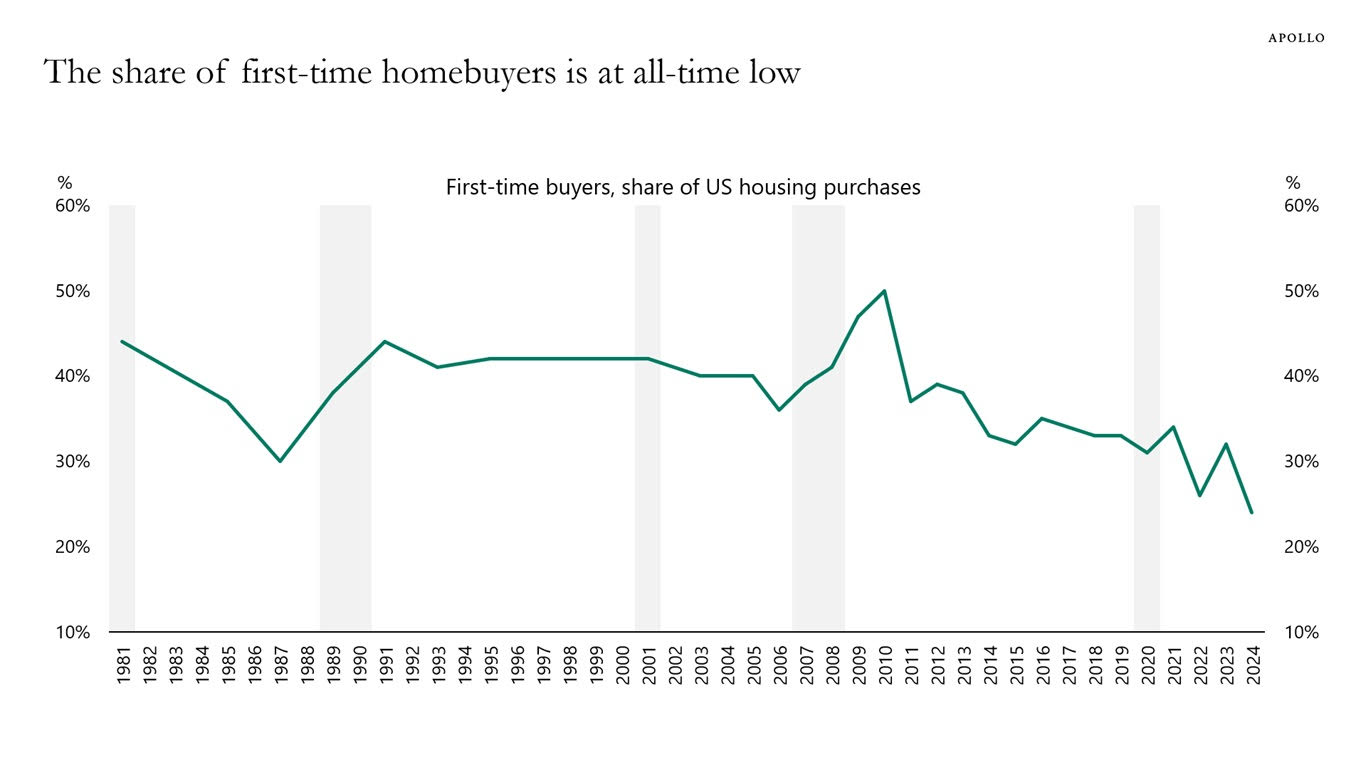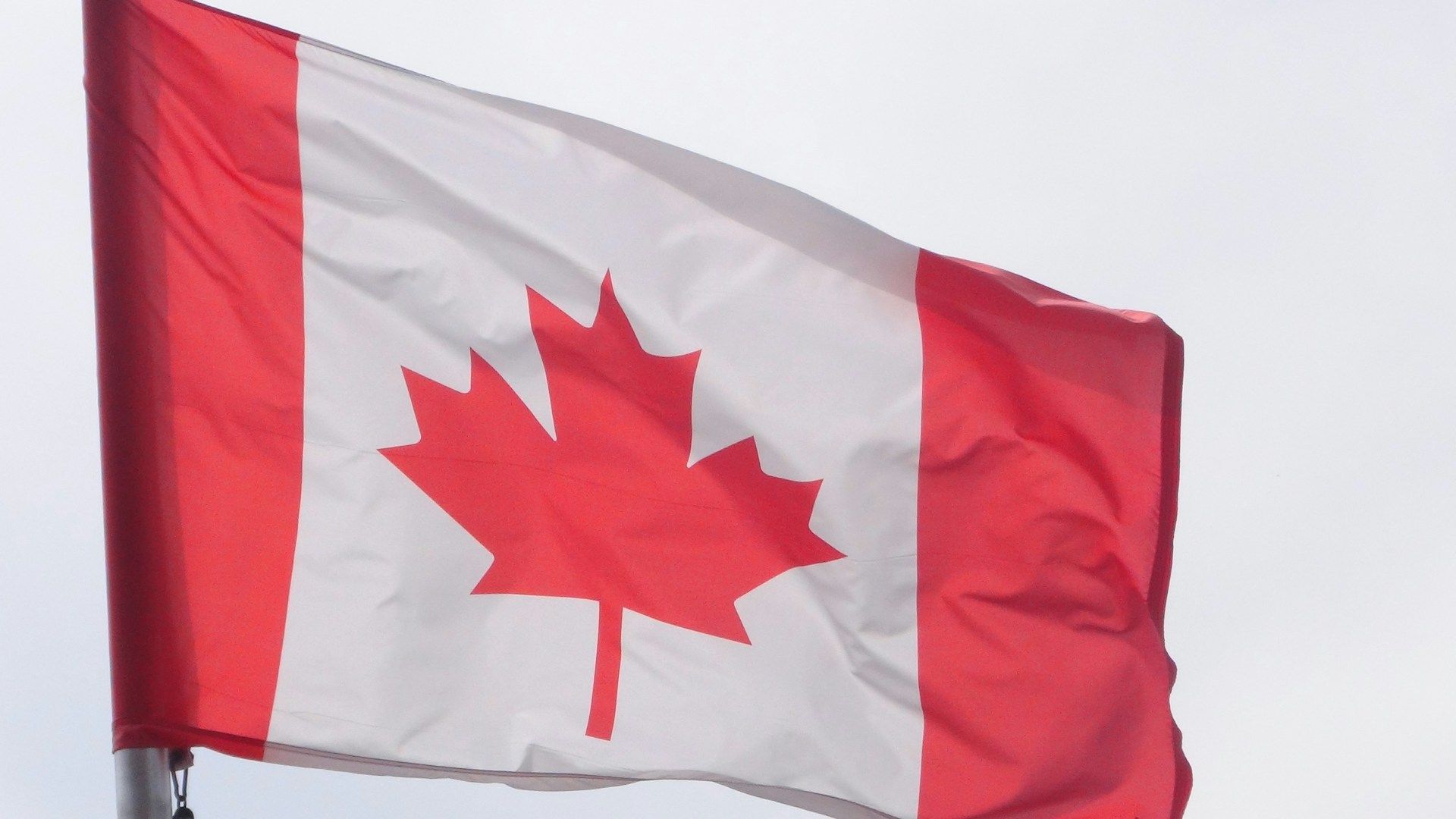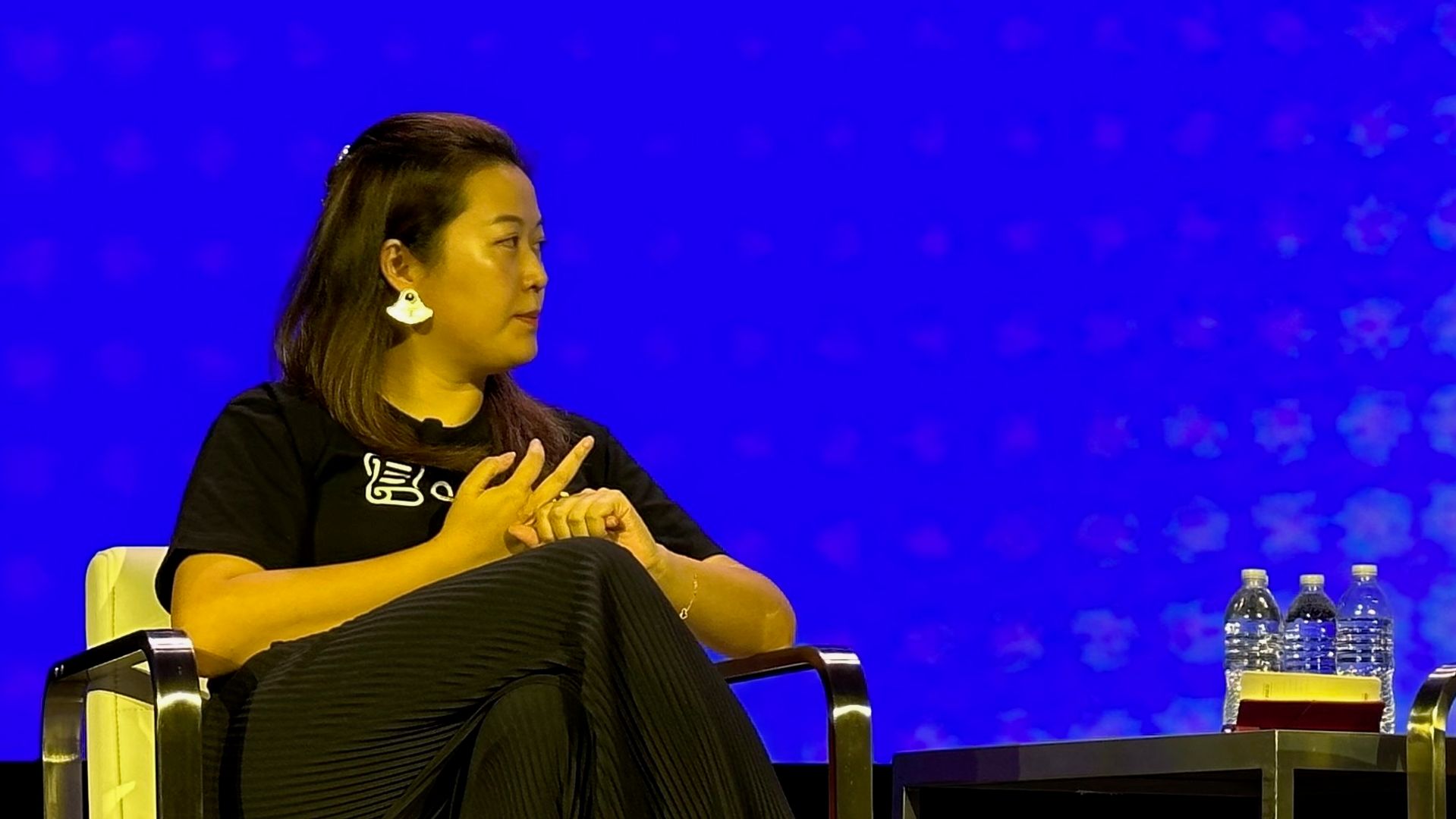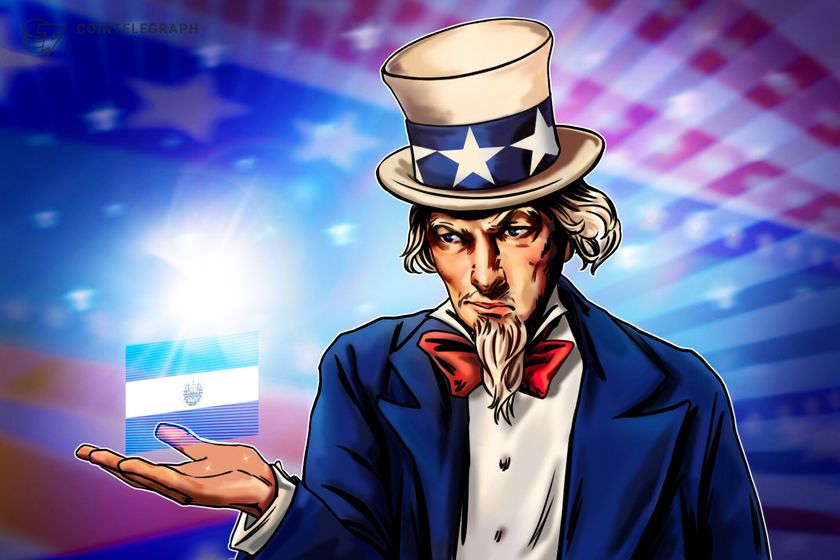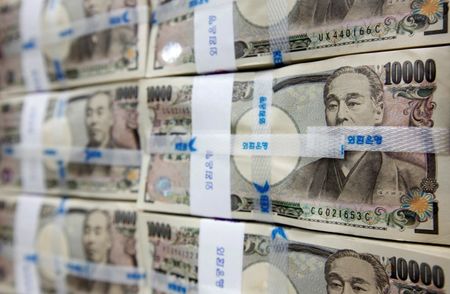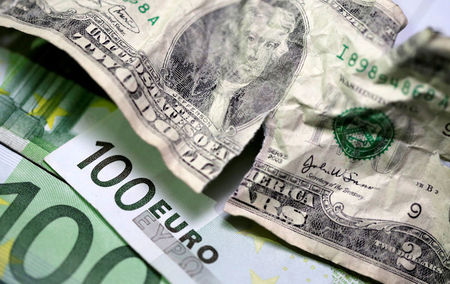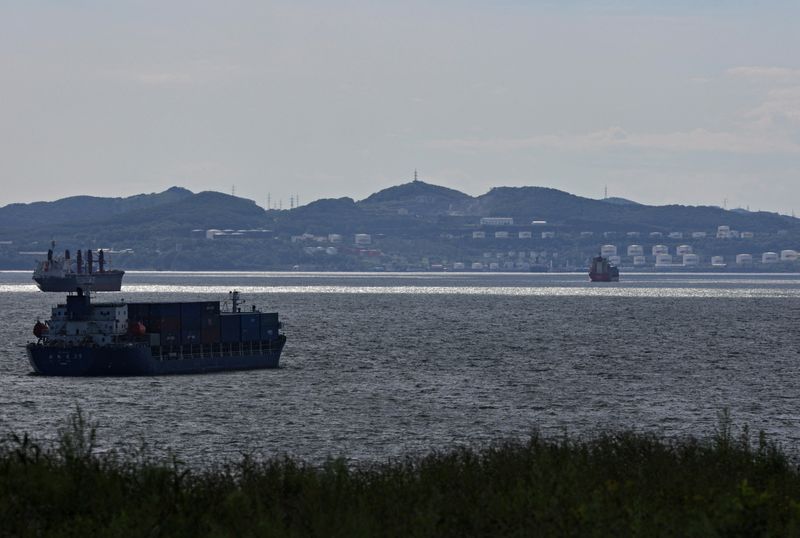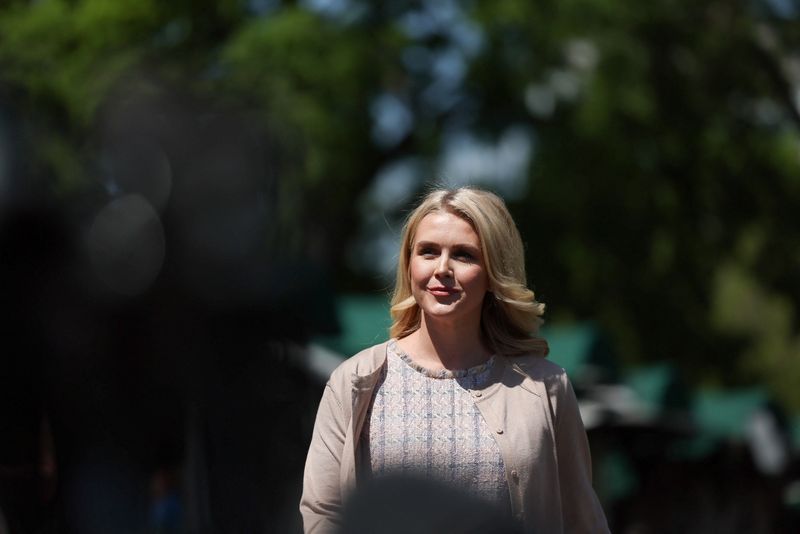Scott Bessent says China must move away from export overcapacity and American overreliance: ‘Everyone knows it needs to change’
Treasury Secretary Scott Bessent, in remarks to the Institute of International Finance on Wednesday, said, “America first does not mean America alone,” sharing that more than 100 countries have come to the table to talk trade deals.

- Scott Bessent said there’s an opportunity for a big deal between the U.S. and China, but it needs to move away from export overcapacity and an overreliance on American demand. Separately, he called for an overhaul at the World Bank and International Monetary Fund, claiming, “mission creep has knocked these institutions off course.”
After floating a “de-escalation” in the U.S.-China trade war during a closed-door meeting, Treasury Secretary Scott Bessent, in remarks to the Institute of International Finance on Wednesday, said China was in need of rebalancing because its economic system was not only hurting it, but every other country. Bessent warned China needs to move away from export overcapacity and an overreliance on American demand. Its economic model, he said, is built on exporting its way out of trouble.
“China needs to change,” Bessent said. “The country knows it needs to change. Everyone knows it needs to change.”
In a question-and-answer session after his speech, Bessent said there is an opportunity for a big deal between China and America, and Chinese counterparts need “impetus and will” to make it happen together.
Earlier, Bessent shared that more than 100 countries have come to the table to talk deals after President Donald Trump announced and later pressed pause on his sweeping tariff regime (except for levies on China, which it tacked on more). Bessent said those countries have responded positively to the president’s actions for a more balanced international system. He said meaningful discussions were happening, but did not specify with whom, and that he looks forward to more.
“America first does not mean America alone,” Bessent said.
The U.S. is taking action to rebalance global commerce because there is no greater economic imbalance than that of trade, he said; Bessent called the trading system unfair, causing the deficit to be persistent. He claimed policy choices by other countries hollowed out American manufacturing and undermined supply chains. But the administration is getting its fiscal house in order.
Once Trump unveiled his tariffs on April 2, his so-called “Liberation Day,” it triggered a sell-off in the stock and bond markets, fueled recession calls, and stoked inflation fears. Since he put some tariffs on ice for 90 days, and there are now reports saying the White House could soon slash its tariffs on China, things have calmed. Still, Wall Street is waiting for deals to be inked.
All three major indices rallied Wednesday morning: The S&P 500 rose 2.98%, the tech-heavy Nasdaq leaped 4.01%, and the Dow jumped 2.49%, at writing.
Apart from trade and tariff talk, Bessent called for a substantial overhaul at the World Bank and International Monetary Fund, and that the two institutions need to be reconnected with their missions. “The IMF and World Bank have enduring value, but mission creep has knocked these institutions off course,” Bessent said. He criticized the IMF for spending too much time on social issues and the bank for treating China like a developing country.
This story was originally featured on Fortune.com





